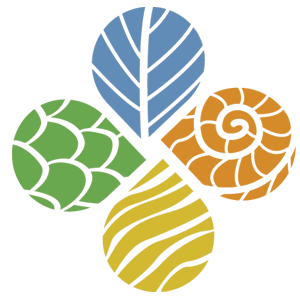Permanent, globally unique identifiers are increasingly critical for the efficient analysis, publishing, tracking and reuse of dig data, including biological, geological and ecological information. Practical Hacking On Identifiers at BiOSphere2 (PHOIBOS2) took place at The University of Arizona’s Biosphere 2, Oracle, Arizona, from Feb 17-19, 2016. The Biosphere2 was an ideal location for a workshop - remote, spiny vegetation, dangerous fauna, along with great science and an interesting history – kept us all focused on the task at hand. Funded by the U.S. National Science Foundation, with logistical support provided by CyVerse, the workshop had three main goals: to document the current status of permanent, globally unique identifier technologies across scientific disciplines, identify pressing needs in identifier technologies and services, and articulate solutions in identifier technologies and services. Bringing together 50 users of identifiers from the data, biological, geological, biomedical, library, and humanities sciences, and programmers, the challenges and gaps in identifier use and potential solutions and technologies were discussed and demonstrated during group discussion and through invited speaker presentations. Similarities in issues were strikingly cross-disciplinary. Six breakout groups gathered to tackle the perceived greatest challenges:
- recommendations on identifier standards for field expeditions;
- metadata profile standards to facilitate entity discovery;
- determining the feasibility of developing a tool for tracking biological specimen data from literature to data aggregator and beyond, and providing collections with use-metrics using available identifiers;
- tracking and versioning of biological records through time;
- developing a controlled vocabulary describing the expected persistence of an identifier and its metadata; and
- producing an educational publication outlining the identifier life cycle, from creation to use, and identifying gaps in knowledge and standards currently limiting the efficient use of identifiers.
iDigBio participants, Greg Riccardi and Shelley James, attended the workshop and have brought back new ideas, approaches and collaborations which will be shared with the natural history collections community. For more information on the workshop, and to see the results in the coming months, visit the GitHub repository (https://github.com/identifier-services/phoibos2).
-- Shelley James




